You aced becoming a first-time homeowner, and now years later you’re thinking of selling and moving up. Here’s what to expect at the closing table when you’re sitting on the other side.
What to expect on closing day
Sellers often used to attend closings in person, but now it’s more common for sellers to sign all their documents ahead of time with a notary so they do not need to be present at the settlement table. This is called a deed package. It makes it much easier for sellers' calendars to use a deed package since the closing date and time is driven by the buyers. Once the buyer’s title company prepares a deed package, the seller signs all the documents with a notary at the time they choose. And if you’re our client, you’re in luck! Our Title company is also a notary so you’re able to have a celebratory signing at our office. After that all you have to do is approve the final numbers and your agent will sign for you on closing day (giving permission will be a part of your deed package).
How does the money Thing work?
When estimating how much you’ll profit form selling, you’ll need to subtract a few line items from the purchase price. One is the remaineder of your mortgage(s), as well as any loans borrowed against your home and any liens placed on the property. As a seller in Pennsylvania, you’re also responsible for paying commission for both the seller and buyers' agents. This differs slightly from a buyer whose closing costs include prepayments of taxes, mortgage origination fees, and title insurance.
People are often surprised to hear that Title is the monetary mediation for the transaction in Pennsylvania. They cut the checks for each party individually. This includes sending the payoffs to the banks or mortgage company and writing a check or wiring you the proceeds from the sale.
If you need the funds from the sale of your home to purchase a new one, it’s possible to line up both closings on the same day. We can coordinate the two so the title company from your sale can wire your funds directly to the title company for your purchase.
What else do I need to know?
If you’ve already purchased a new home and were looking to recast your mortgage, you would do that after closing. Once you have your proceeds, you’d independently speak with your lender to make those arrangements.
It's always good to check in with your tax accountant about capital gains tax. We have a blog coming soon about this subject! In the meantime, speak with your agent about when you’d need to pay capital gains tax.
If you’re wanting to sell your investment property and invest in another, a 1031 Exchange may be right for you. Keep in mind that if you proceed with a 1031 Exchange, it needs to be determined BEFORE the settlement (aka closing) day when money is exchanged. Once the money goes into your account, you will no longer qualify for that program.
The best part of the entire process you will have a dynamite team by your side when you work with PHG. That includes a realtor and a transaction manager working hand in hand, helping you navigate all the steps. Check out our Moving Up to Your Next Home blog. You’ll be a pro home buyer AND seller before you know it!
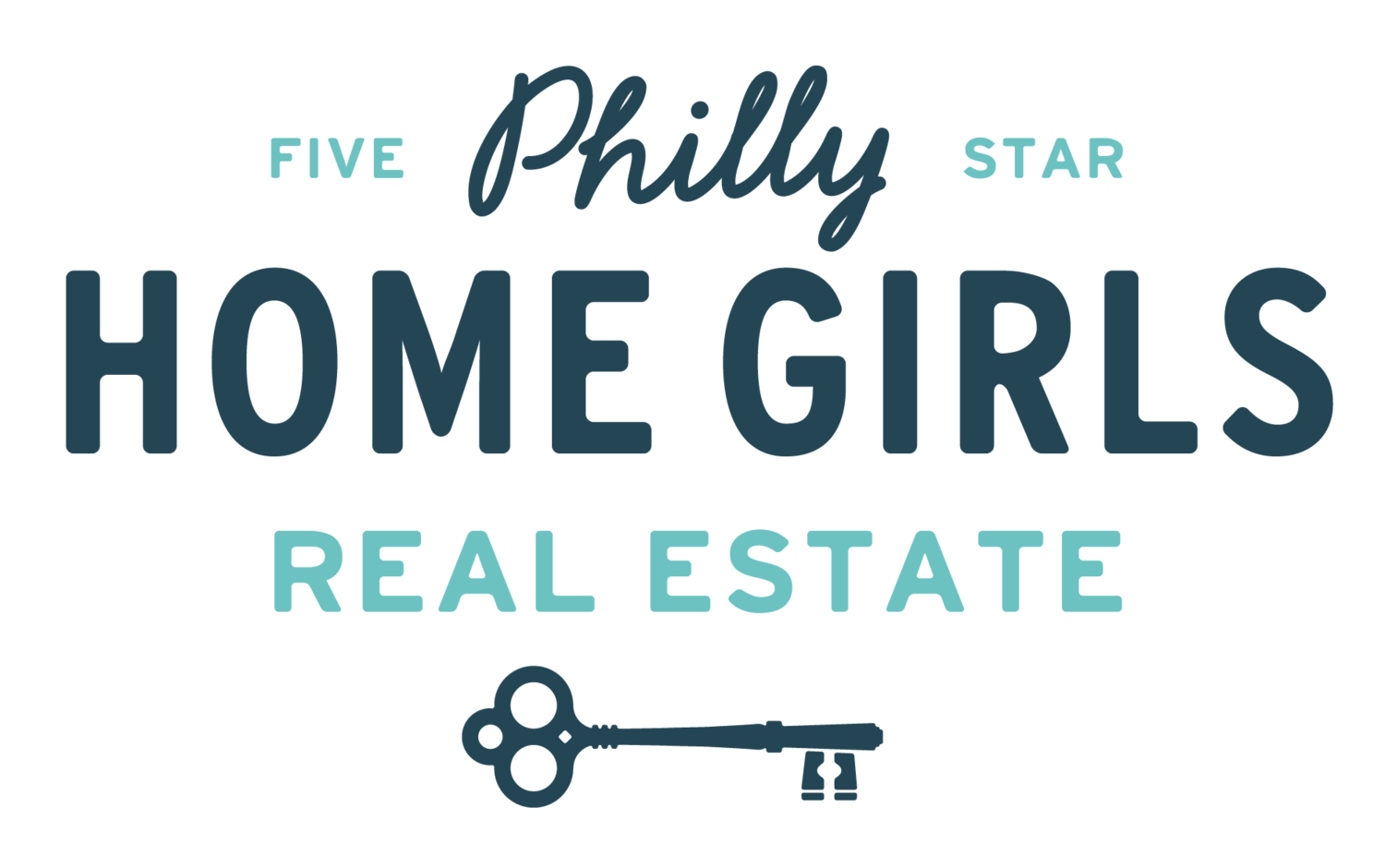

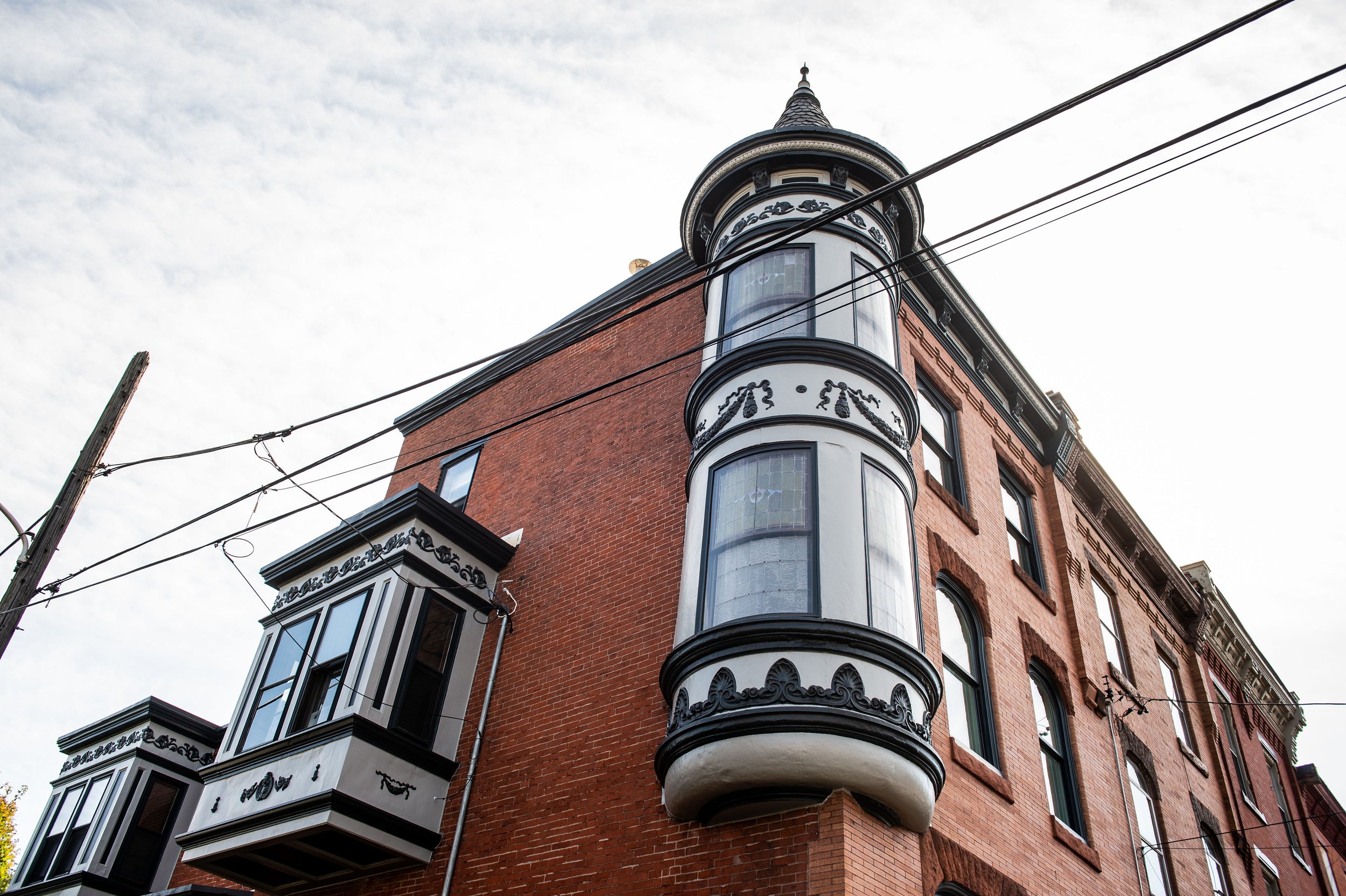
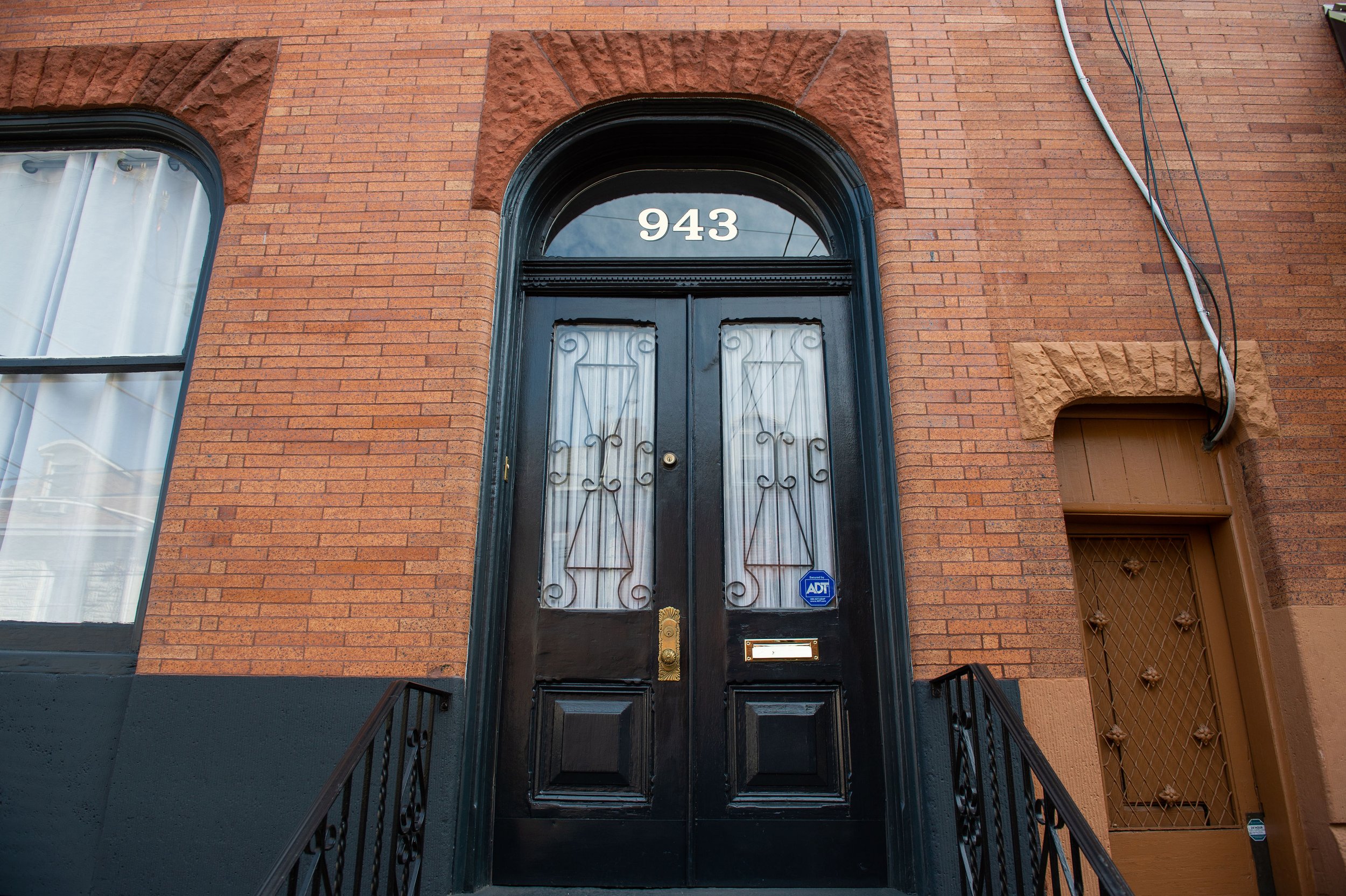
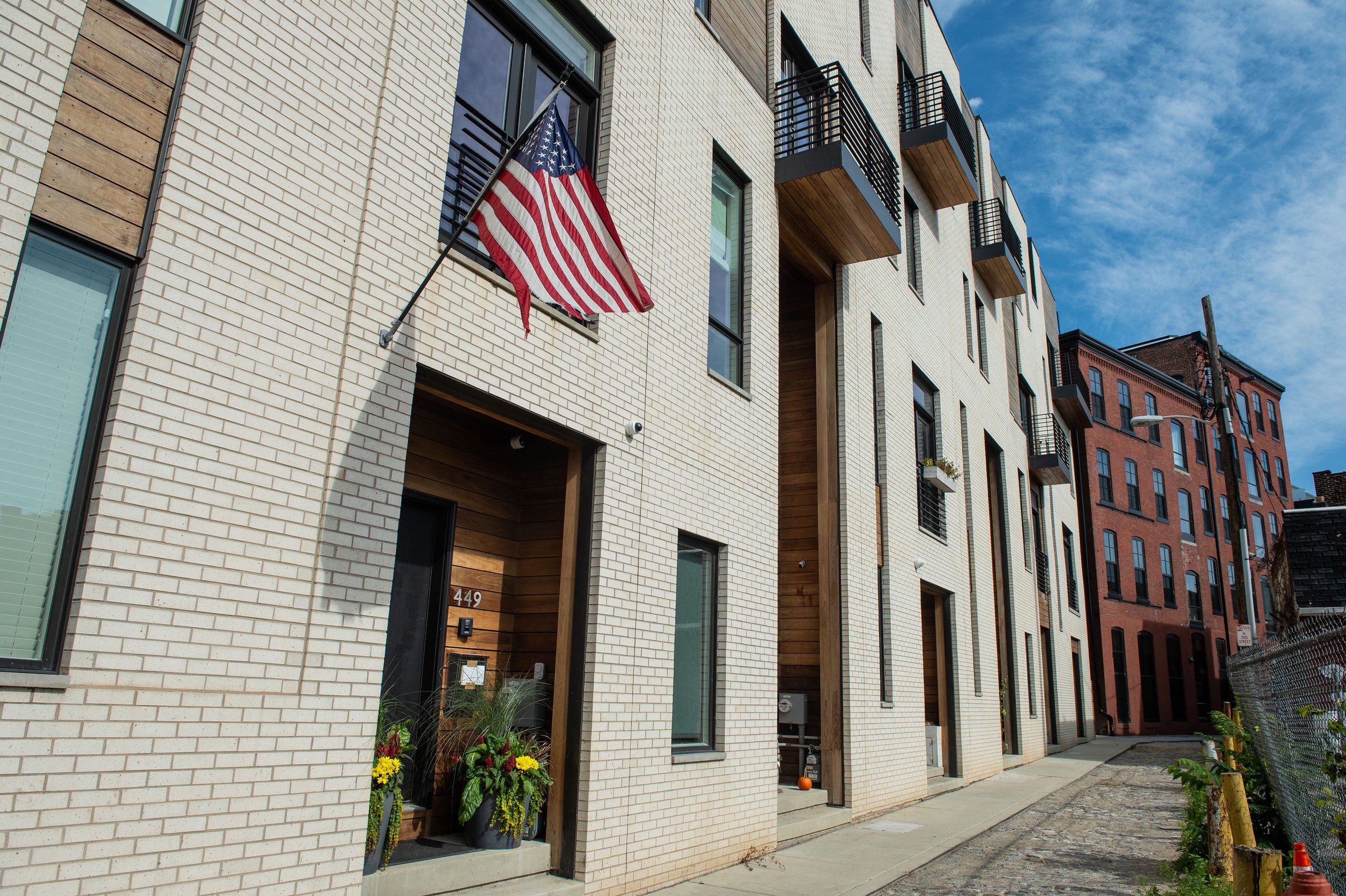
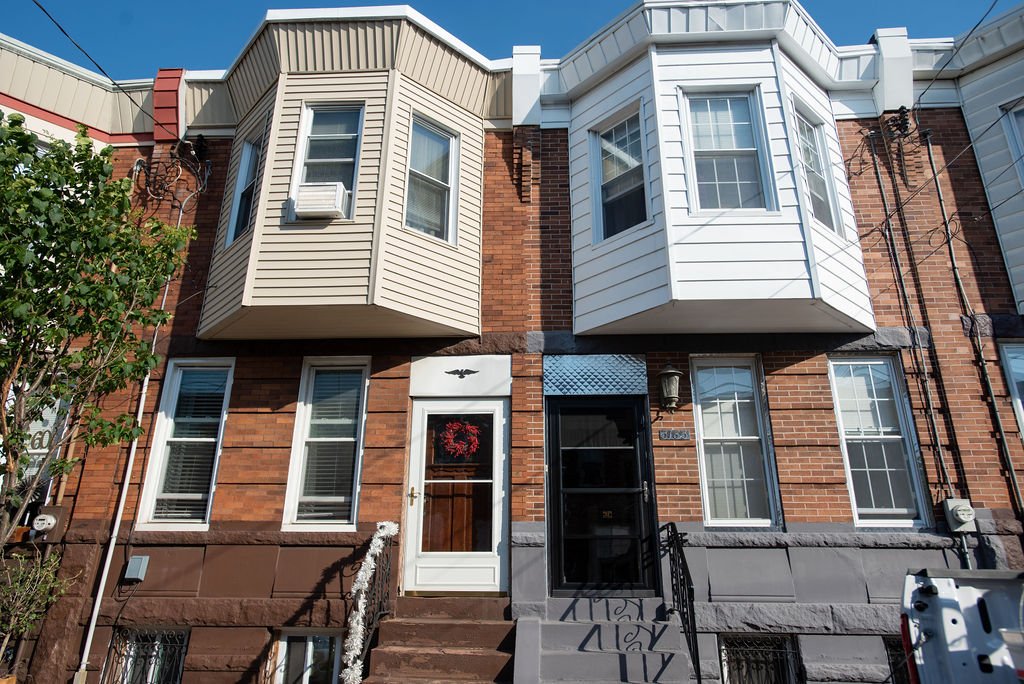
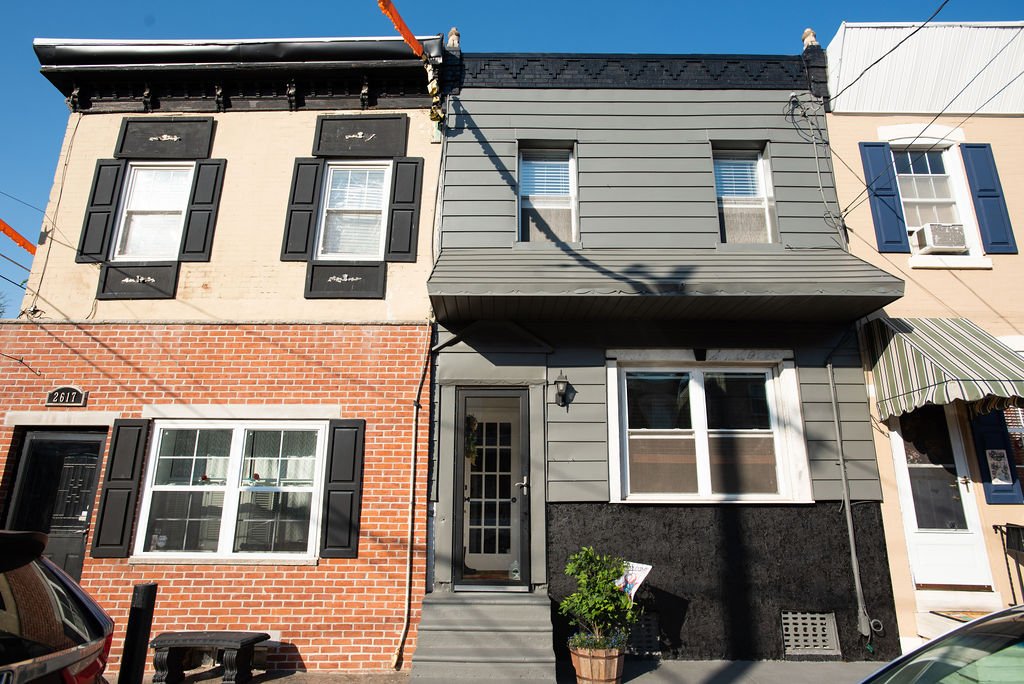
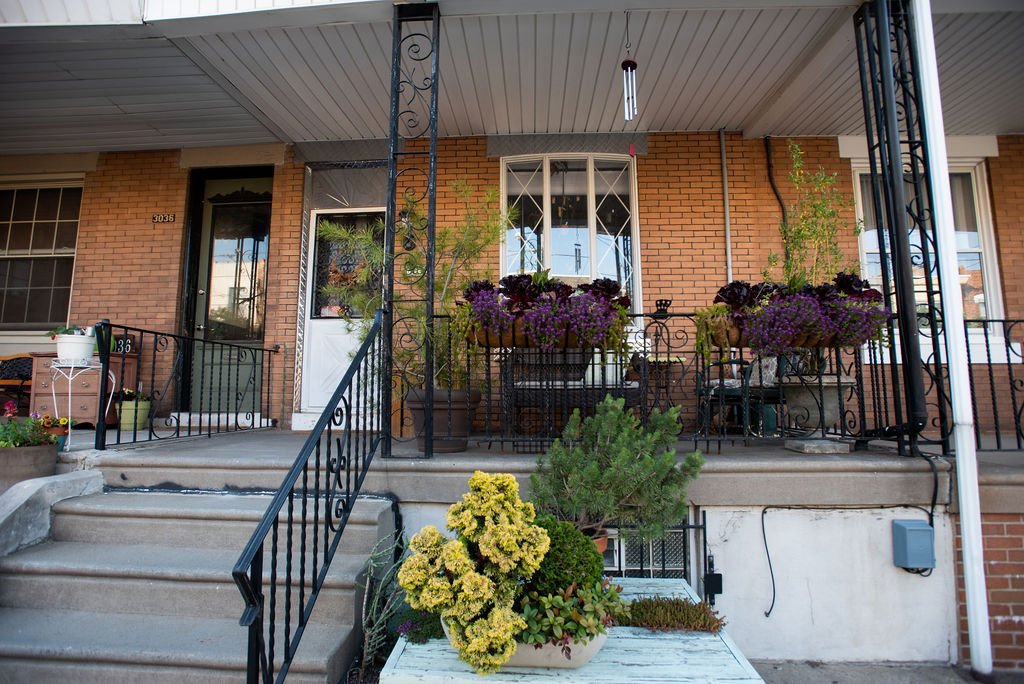
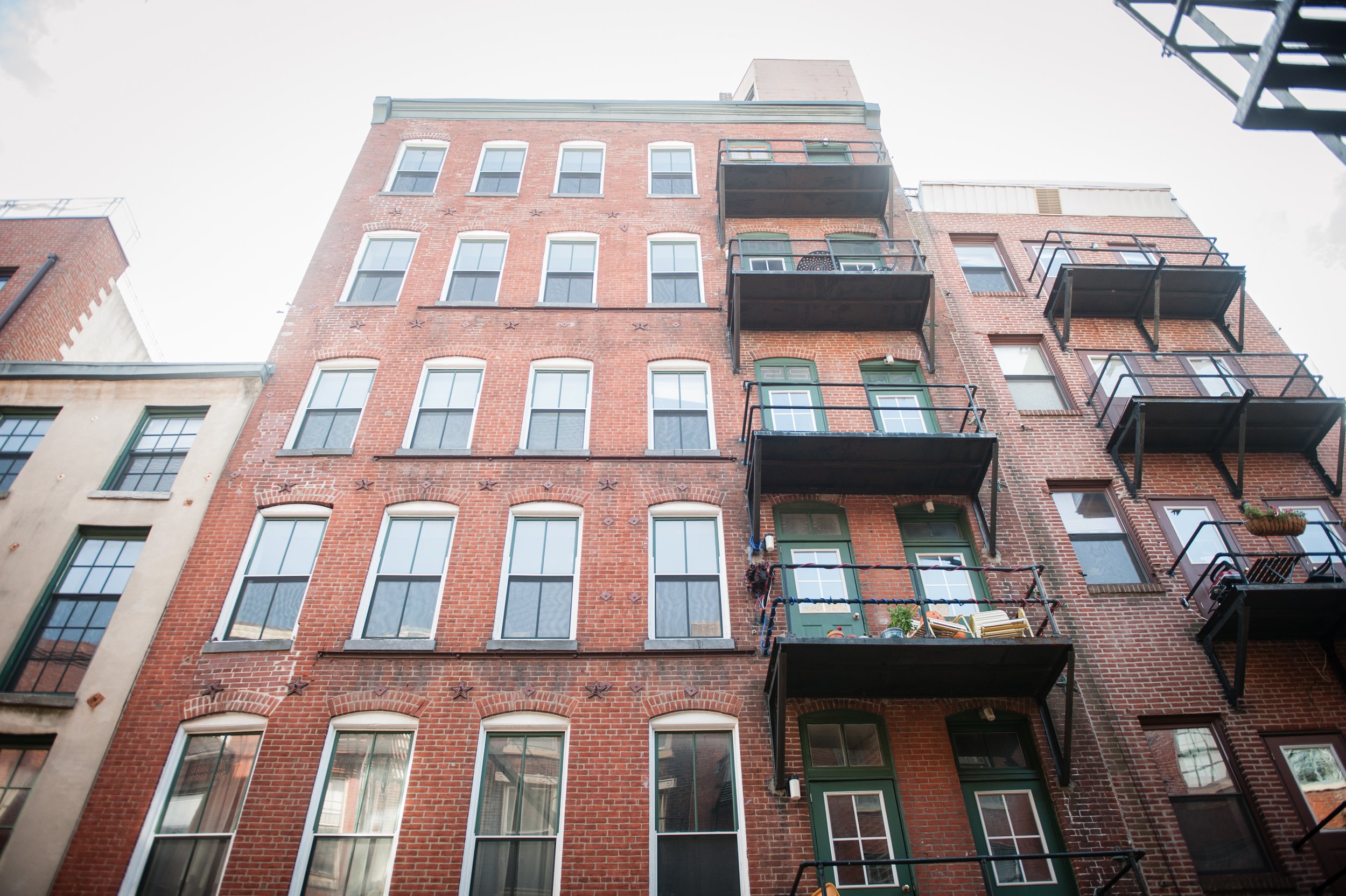

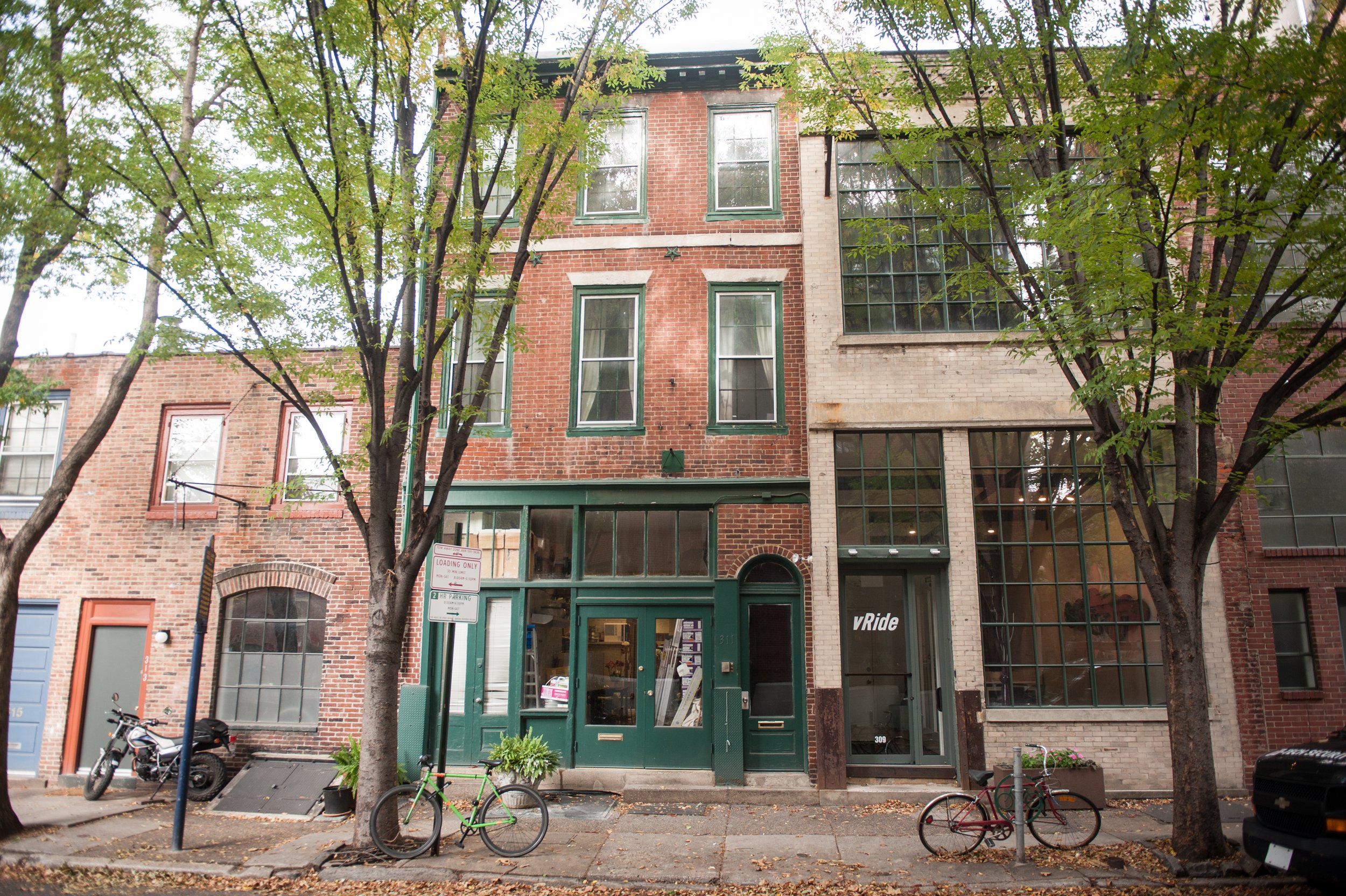





Saving money for a downpayment and closing costs is the # 1 reason people are holding off on purchasing a home. PHG agent Rachel Shaw came up with a trusty list of some of her favorite homebuyer assistance grants and loan programs. With a little help, your dream of owning a home may not be as far off as you thought!